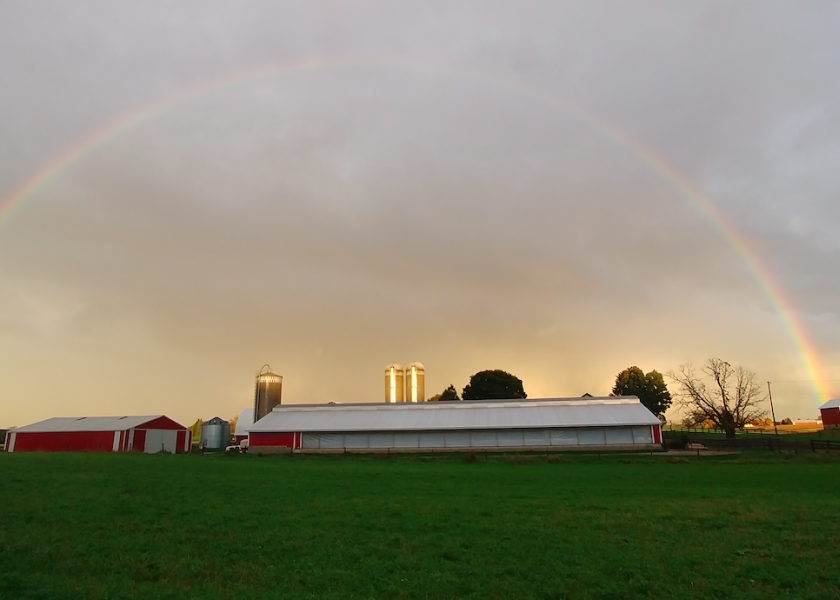Is Your Farm Ready to Endure Severe Weather?

As temperatures warm up across the country, Mother Nature will soon begin to brew some nasty storms. When severe weather makes its way to your operation, be sure you have an adequate plan and checklist in place before disaster strikes.
Read these five tips to help you better prepare for when stormy weather arrives:
1. Get Weather Notifications
A constant stream of notifications on your phone can be annoying. However, a severe weather notification could give you just the time you need to find safety quickly. Download a local weather service app that will allow you to check the radar and receive accurate information in a timely manner.
2. Have a Severe Weather Plan
Plan a meeting and talk with employees and family members about what they are to do if an emergency situation occurs and designate emergency responsibilities. It is also recommended to have emergency contact information listed and posted in an area that all can access. Provide a Spanish version of the plan if English proficiency is limited. Emergency preparedness posters are available through the National Dairy Farm Program - FARM (Farmers Assuring Responsible Management) for free.
3. Test the Generator
While keeping a generator on the farm may seem like a “no-brainer” when it comes to preparing for a storm, making sure this life-saving device is ready to go at any moment is a necessity.
“Generators can lose their efficiency over time when left unused so it is a good idea to not only run them periodically but also have them checked and serviced by a qualified electrician,” says Andy Overbay, extension agent and unit coordinator in a Virginia Cooperative Extension Dairy Pipline article.
4. Protect Livestock and Equipment
If you know severe weather is on the way, take time to help protect both your livestock and equipment. If possible, park tractors, skid loaders and vehicles indoors to help minimize damage that may occur.
Having a livestock first aid kit ready to use and stored in a safe place is also a helpful hint. Check with your veterinarian for specific advice on what you should keep on hand for your animals. Here is a general list to get started:
- Wound ointment, saline solution, pain medication
- Bandages, scissors, tape, cotton rolls, vet wrap
- Tweezers, towel, washcloth, latex cloves, thermometer
5. Protect Yourself
As farmers, our main focus tends to be on the health of our animals and the well-being of our operation. When the weather turns ugly, however, it is crucial to seek shelter and prioritize our own safety. Cattle, equipment and barns can all be recovered, but the value of a human life is irreplaceable. Use caution and your best judgement when severe weather strikes.
For more on this topic, read:







